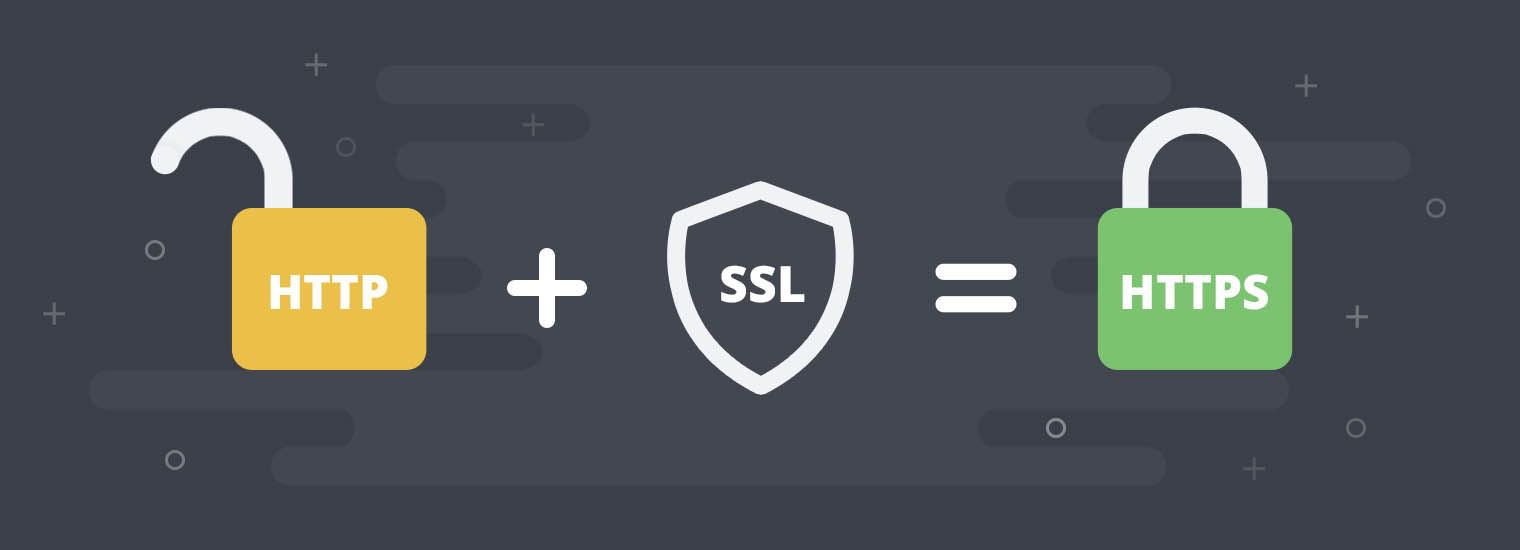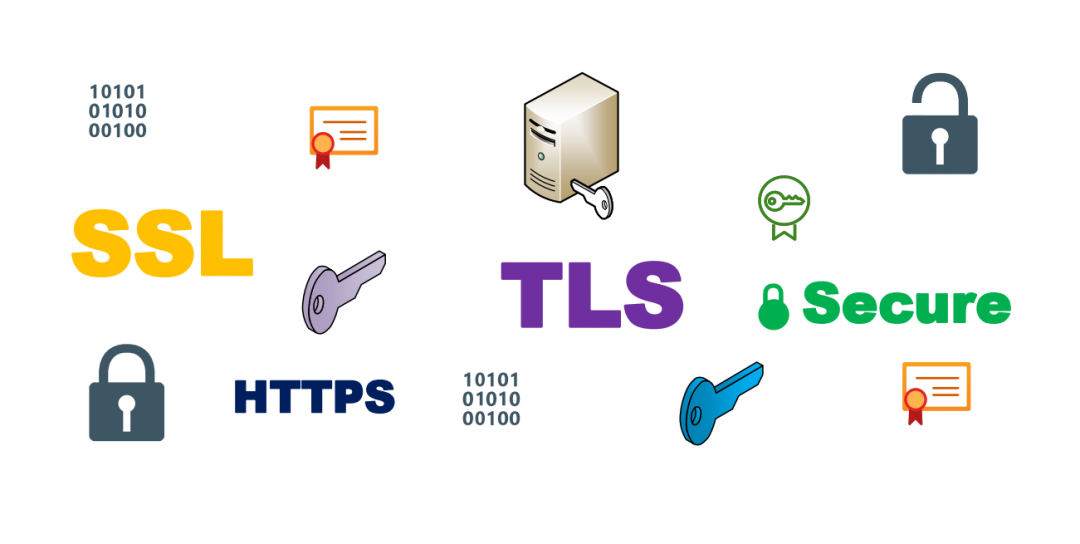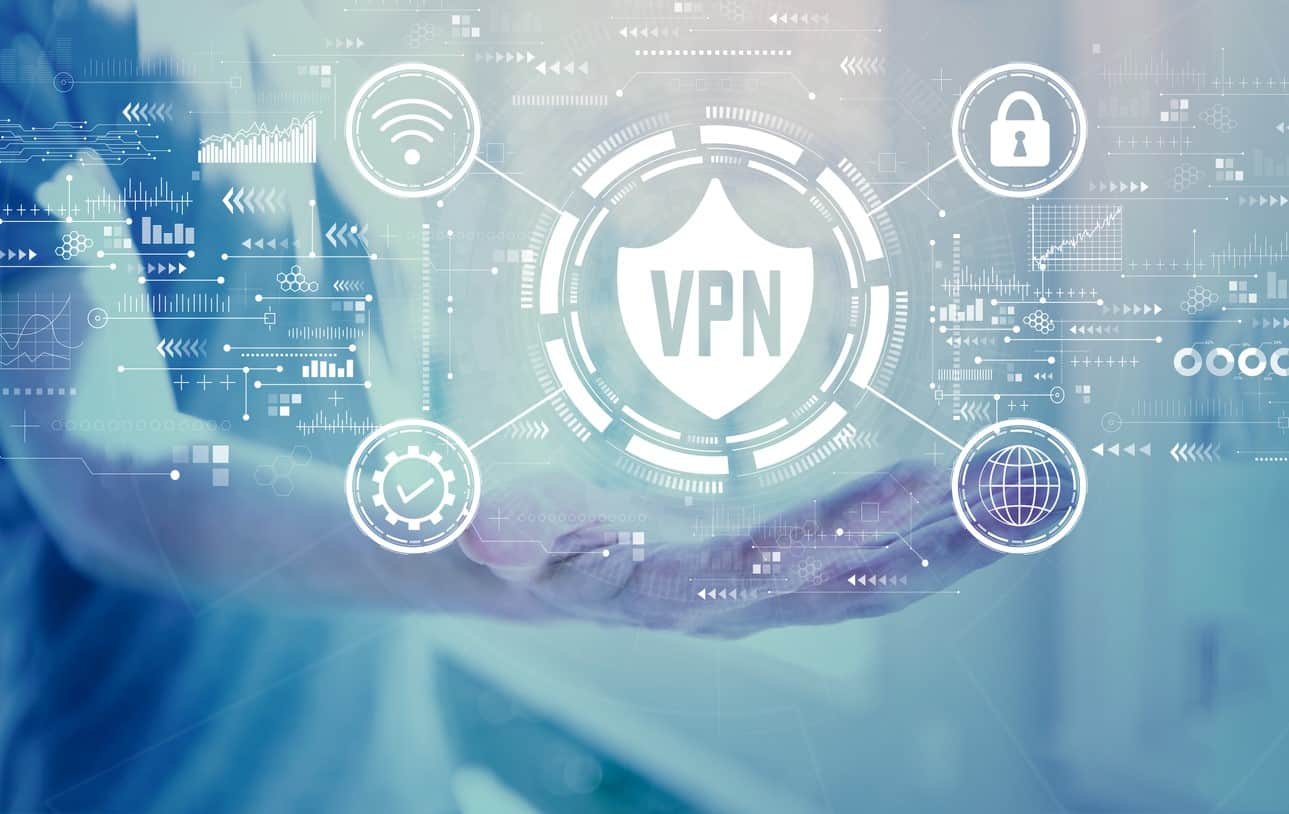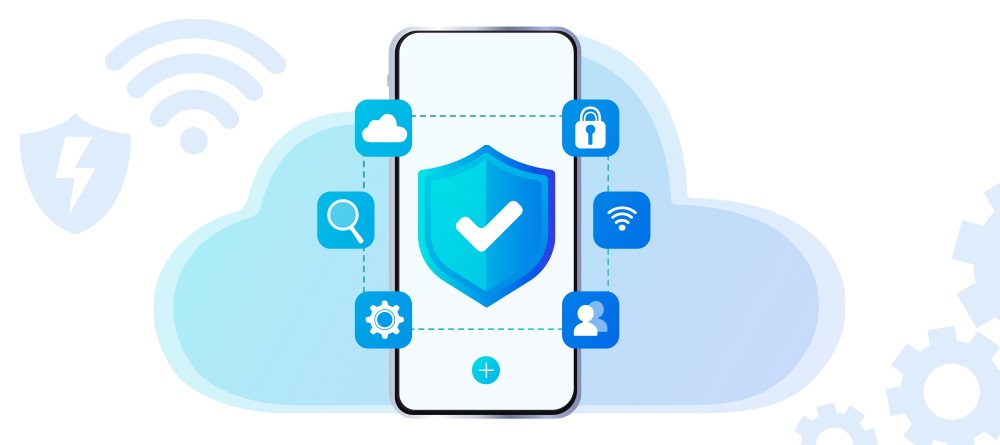Secure communication is a crucial aspect of mobile app development, as it ensures that data transmitted between the mobile app and servers remains confidential and protected from unauthorized access. Selecting the appropriate communication protocol is essential for maintaining the security of sensitive information. In this article, we will explore different communication protocols suitable for mobile app development. We will discuss HTTPS, SSL/TLS, and VPNs, highlighting their importance in secure communication and providing guidance on selecting the most appropriate protocol for different scenarios.
HTTPS (Hypertext Transfer Protocol Secure)

HTTPS is an encrypted communication protocol that provides secure data transfer over the internet. It ensures that the data exchanged between a mobile app and a server is encrypted and protected from interception or tampering. Here are some key points to consider when choosing HTTPS for secure communication in mobile apps:
- Encryption and Data Integrity: HTTPS utilizes SSL/TLS protocols to encrypt data in transit, preventing unauthorized access and preserving data integrity. The encryption ensures that the information exchanged between the mobile app and the server remains confidential and cannot be deciphered by attackers.
- Certificate-based Authentication: HTTPS relies on digital certificates to authenticate the identity of the server. When a mobile app establishes a connection with an HTTPS server, it verifies the server’s identity by checking the validity of its digital certificate. This authentication mechanism helps prevent man-in-the-middle attacks and ensures that the app is communicating with the intended server.
- Browser Compatibility: HTTPS is widely supported by web browsers, making it a suitable choice for mobile apps that interact with web services. By utilizing HTTPS, mobile apps can leverage the existing browser infrastructure, benefiting from the established trust and security measures implemented for HTTPS communication.
- SEO Benefits: In addition to security, HTTPS offers search engine optimization (SEO) benefits. Search engines prioritize websites and mobile apps that use HTTPS, potentially improving their rankings in search results. By implementing HTTPS in a mobile app, developers can enhance its visibility and credibility.
SSL/TLS (Secure Sockets Layer/Transport Layer Security)

SSL/TLS is a cryptographic protocol that provides secure communication between clients and servers. It establishes an encrypted connection, ensuring the confidentiality and integrity of data transmitted over the network. Here are some key considerations when opting for SSL/TLS in mobile app development:
- Encryption Strength: SSL/TLS offers various encryption algorithms with different strength levels. It is crucial to choose strong encryption algorithms such as AES (Advanced Encryption Standard) and RSA (Rivest-Shamir-Adleman) to ensure the security of data in transit. Mobile apps should utilize the latest versions of SSL/TLS and stay updated with security patches to address any vulnerabilities.
- Certificate Authorities (CAs): SSL/TLS relies on trusted Certificate Authorities to issue digital certificates that authenticate the identity of servers. When implementing SSL/TLS in a mobile app, it is essential to select reputable CAs that adhere to industry standards and best practices. Trusted CAs help establish trust between the app and the server, ensuring secure communication.
- Perfect Forward Secrecy (PFS): PFS is an important security feature of SSL/TLS that ensures the confidentiality of past sessions even if the private key of the server is compromised in the future. With PFS, each session uses a unique session key that is not derived from the server’s private key. Implementing PFS enhances the security of mobile app communication, protecting past and future sessions.
- Performance Considerations: SSL/TLS encryption introduces additional processing overhead, which can impact the performance of mobile apps, especially on resource-constrained devices. It is important to optimize SSL/TLS configurations, such as using secure cipher suites and enabling session resumption, to minimize the computational overhead and maintain acceptable app performance.
Virtual Private Networks (VPNs)

VPNs establish secure and private connections over public networks, allowing mobile apps to access resources securely without exposing sensitive information to potential threats. Here are key points to consider when utilizing VPNs for secure communication in mobile apps:
- Secure Remote Access: VPNs enable mobile app users to securely access resources within an organization’s private network, even when they are connected to untrusted networks such as public Wi-Fi. By establishing an encrypted tunnel between the mobile app and the VPN server, VPNs ensure that data transmitted over the network remains confidential.
- Data Encryption and Anonymity: When a mobile app communicates through a VPN, the data is encrypted before leaving the device, ensuring its confidentiality during transit. Additionally, VPNs can hide the user’s IP address, providing a certain level of anonymity and preventing potential tracking or monitoring of their online activities.
- Geo-fencing Bypass: Some mobile apps may need to bypass geo-fencing restrictions imposed by certain countries or services. By routing the app’s traffic through a VPN server located in a different region, the app can appear as if it is accessing resources from that region, effectively bypassing geo-fencing restrictions.
- Considerations for App Developers: When incorporating VPN functionality into a mobile app, developers should consider the following:
- VPN Provider Selection: Choose a reputable VPN provider that prioritizes security and privacy. Evaluate factors such as encryption protocols, logging policies, and server locations to ensure the provider aligns with your app’s requirements.
- User Experience: Implementing a VPN feature should not degrade the app’s performance or user experience. Select a VPN solution that offers fast and reliable connections, minimizing latency and ensuring seamless integration with your app’s functionality.
- Platform Compatibility: Ensure the VPN solution is compatible with the targeted mobile platforms (e.g., iOS, Android). Consider whether you need to develop platform-specific VPN implementations or leverage cross-platform VPN libraries.
- User Education: If your app includes VPN functionality, educate users on the benefits and proper usage of VPNs. Provide clear instructions on how to enable and configure the VPN settings within the app to maximize security and privacy.
Conclusion
Choosing the right communication protocol is crucial to ensuring secure communication in mobile apps. HTTPS, SSL/TLS, and VPNs offer different levels of security and protection, and the choice depends on the specific requirements and context of the mobile app. By implementing HTTPS, mobile apps can leverage encryption, data integrity, and certificate-based authentication to secure data in transit. SSL/TLS provides robust encryption, certificate authorities, perfect forward secrecy, and performance optimizations. VPNs offer secure remote access, data encryption, anonymity, and geo-fencing bypass capabilities. App developers must carefully evaluate their security needs and select the most appropriate protocol to protect their users’ sensitive information.
Remember to stay updated with the latest security best practices, follow industry standards, and prioritize the privacy and security of your mobile app users. By incorporating secure communication protocols into your mobile apps, you can enhance trust, protect data, and provide a safe user experience in an increasingly interconnected world.

